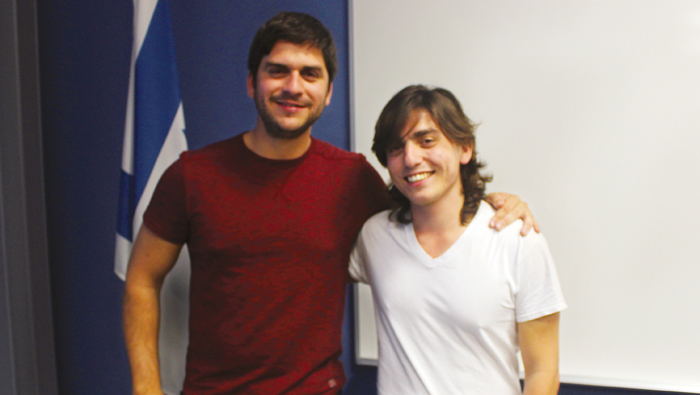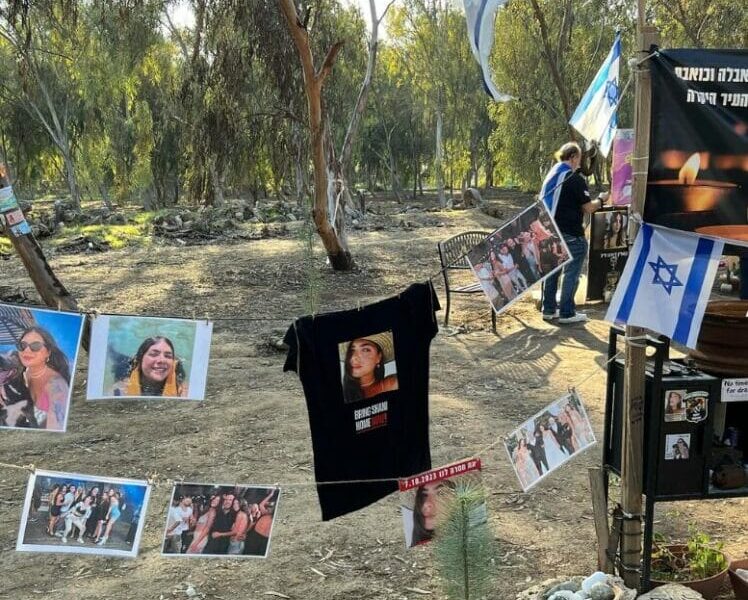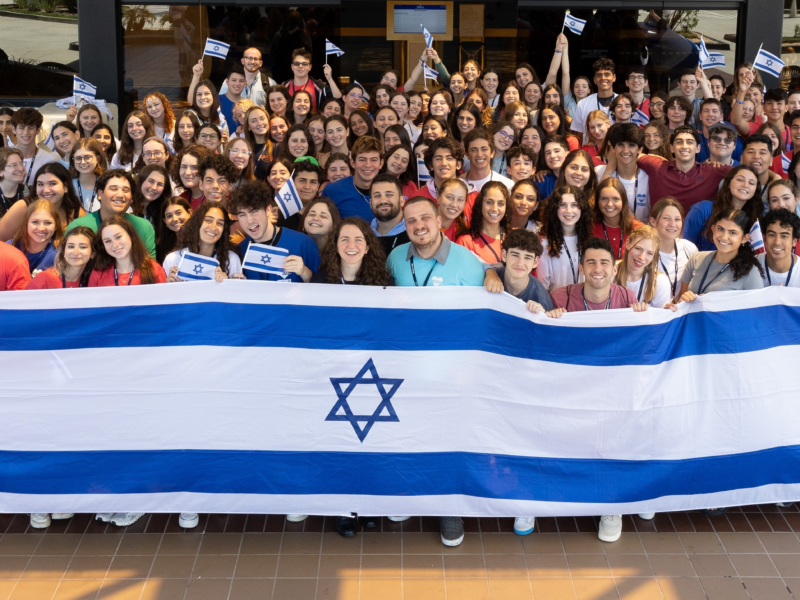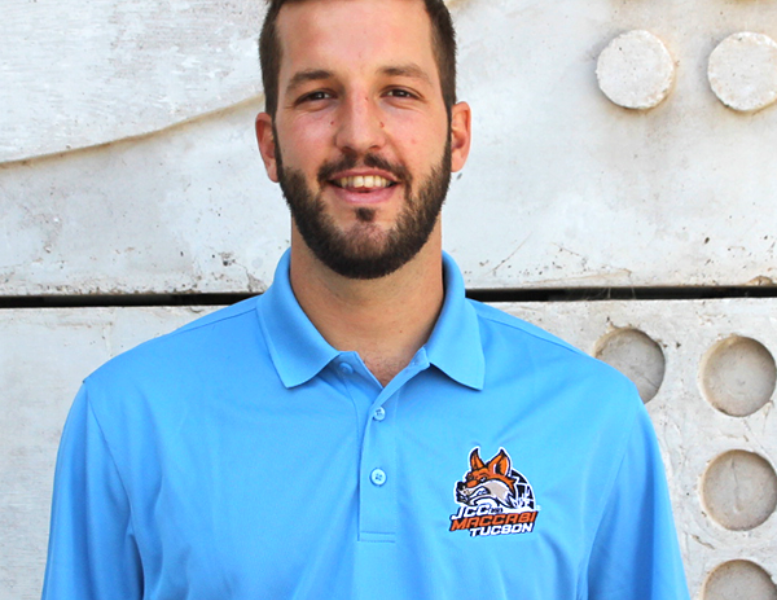Story and photo by Leah Merrall
For the average college student in the U.S., the years from age 18 to 22 are spent studying, partying and getting ready to join the workforce.
For the average Israeli, age 18 means it’s time to join the Israel Defense Forces for mandatory army service.
While the average American student may have been posted in the library or out to eat with friends, Alon and Bentzi might have been patrolling one of Israel’s many borders with Lebanon, Syria, Jordan or Egypt. Or maybe they were on a special mission in Gaza to destroy the tunnels that led terrorists into Israel.
This is the story that Alon and Bentzi told a group of students at the University of Arizona Hillel Foundation on Monday, April 11: the story of taking on such a great responsibility at such a young age. Their talk was part of a tour with the organization StandWithUs, which strives to inform the public about Israel. Over the next few days, Alon and Bentzi also met with students at Arizona State University, Paradise Valley High School and Phoenix Country Day School.
Alon, 26, was born in Haifa, Israel, before moving to South Africa at the age of one and then Mexico City until he graduated from high school. He returned to Israel on his own when he was 18, and served in the Artillery Corps for over four years as an officer in an operational unit.
Bentzi, 23, enlisted into the 101st Brigade of the Paratroopers in 2012, where he served as a combat soldier, a squad commander and in the Battalion Commander’s personal command unit. He participated in two operations against Hamas in Gaza, including Operation Protective Edge in the summer of 2014.
Both men have seen the terrors of war that their peers in Arizona might never be able to imagine.
“I can be with my unit in the Golan Heights and see ISIS,” Alon said. “Imagine being five miles away and seeing ISIS with your binoculars – it’s a crazy thing to imagine.”
Experiencing things that Americans only see on the news is one thing. However, one of the most remarkable thing that both Alon and Bentzi faced was assuming such an immense responsibility at such a young age.
“Picture this: you’re 19, and I put you on the border of Lebanon and you’re in charge of 54 soldiers,” Alon said. “You’re their mom, you’re their dad, you’re their older brother, sister. You’re all they have. You’re 19 years old. Who am I when I’m 19 and a half to make any rational decision regarding these soldiers? What have I gone through? I did two courses so I can do this? But I was shocked, and you have to switch your mind and realize if you don’t take care of these soldiers then no one will.”
In the summer of 2014, Bentzi was part of Operation Protective Edge, a mission in Gaza to destroy the network of tunnels that terrorists were traveling through. He had an unpredictable experience with a suspicious woman coming toward them; that forced them to go through all steps of protocol that he only ever read about and never dreamed of having to use.
“It’s terrifying – there’s nothing you can do to prepare for it,” Bentzi said. “You can train and train and train for every possible scenario, but there’s no way to be prepared for the real thing.”
The stories that they shared resonated in the room full of UA students, only a handful of whom had been to Israel before. Despite living through experiences that most American college students will probably never need to endure, at the end of the day, Alon and Bentzi are also young adults.
“One of my first dreams was I’d go home after three weeks or a month, and I was a big Guinness fan, and I’d sit and I’d get a cold beer and I just remember closing my eyes and everything vanishes,” Alon said. “All the problems, everything you’re going through, and it’s that freezing gulp of happiness. It’s this feeling I can’t really explain.”
Just like there are similarities between American college students and Israeli soldiers, Bentzi said he also believes that commonalities can be found between Israelis and those who they are fighting.
“I realize that most of us kind of have this vision of what the other side looks like, and I think that both sides are much closer than we think,” he said. “It made me realize also that the way to fix it is more face to face, and less of it with me as a soldier. We have to push together what we have in common and try to build those bridges instead of burning them.”
Leah Merrall is a sophomore journalism student with a minor in communications at the University of Arizona.






